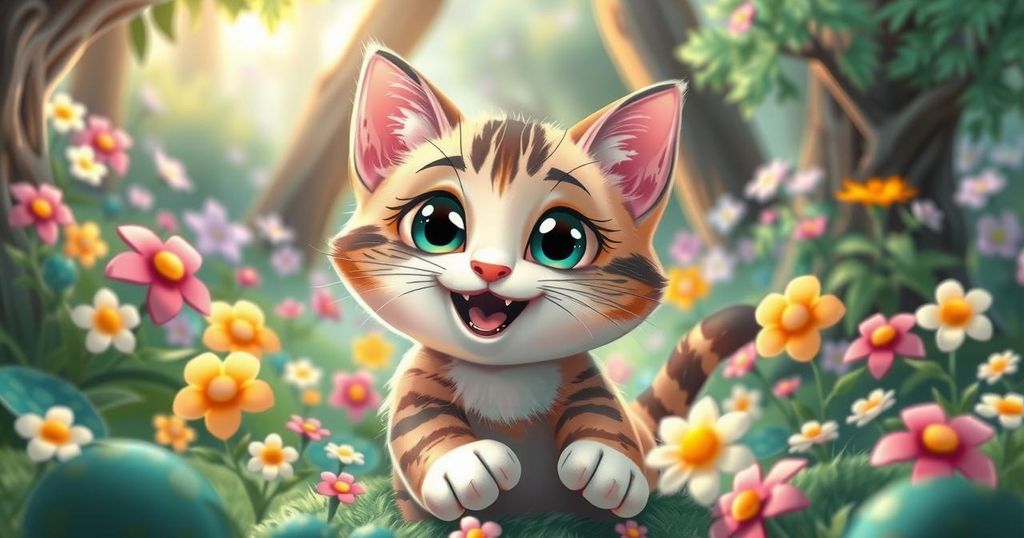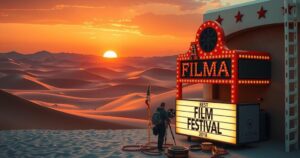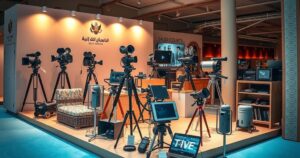ChatGPT’s Ghibli-Style Images Spark Controversy Over AI Copyright Issues

ChatGPT’s new image generator allows users to transform images into Studio Ghibli’s distinctive style, spurring excitement but also raising ethical concerns over copyright infringement. Hayao Miyazaki has openly criticized AI’s role in art, and the legal repercussions of AI training on copyrighted material are under scrutiny. Artists feel exploited as AI utilizes their styles without proper permissions, highlighting the ongoing tension between technology and traditional creativity.
ChatGPT has captured attention by enabling users to convert images into the artistic style of Studio Ghibli, the renowned Japanese animation studio. This functionality has sparked delight among fans but also raised significant ethical concerns regarding copyright infringement and the livelihood of traditional artists. Hayao Miyazaki, Ghibli’s founder, has been traditionally skeptical about AI’s role in animation, emphasizing the artistic value of human creativity.
Entrepreneur Janu Lingeswaran utilized ChatGPT’s feature to transform a picture of his cat, Mali, into a Ghibli-style image, expressing his admiration for the final product. This transformation not only brought joy but also exemplified how memes and personal images can be artistically reinterpreted. Social media has since seen various Ghibli-style reinterpretations of famous images.
OpenAI, the creator of ChatGPT, has generally encouraged these artistic experiments while facing ongoing copyright lawsuits. The company claims its new tools take a cautious approach in recreating specific artists’ styles, ensuring that living artists’ styles cannot be replicated without restriction. Nonetheless, the allowance for broader artistic styles has led to a surge in user-generated creations.
The trend has drawn attention to Miyazaki’s prior critical views on AI in animation, particularly following a demonstration that he found upsetting. He voiced concerns about the emotional disconnect in AI creations, sharing a poignant story about a friend with a disability to illustrate his reservations. He stated that he finds the concept of AI-generated art insulting to human experience.
Legal experts are scrutinizing whether OpenAI owns a license to utilize Studio Ghibli’s art for AI training purposes. Without proper permission, the usage of Ghibli’s style raises potential legal issues regarding copyright infringement. Josh Weigensberg, a legal partner, pointed out that while “style” itself may not be copyrightable, specific, identifiable elements of a work could infringe on copyright laws.
Artist Karla Ortiz criticized OpenAI, arguing that their actions undermine the value of genuine artistic labor. She believes that the utilization of Ghibli’s brand without proper acknowledgment or compensation represents an exploitation of artists’ work. Ortiz’s own legal battles against AI image generators underscore the ongoing struggles artists face in this evolving digital landscape.
The introduction of ChatGPT’s Ghibli-style transformation feature raises crucial ethical and legal concerns about copyright and AI’s impact on the art community. With Miyazaki’s skepticism and legal experts questioning the legitimacy of AI training methods, it becomes clear that the intersection of AI and creativity necessitates careful consideration of artistic rights and the protection of human artistry. The debate continues as creators and legal scholars navigate the implications of AI on established artistic legacies.
Original Source: apnews.com






